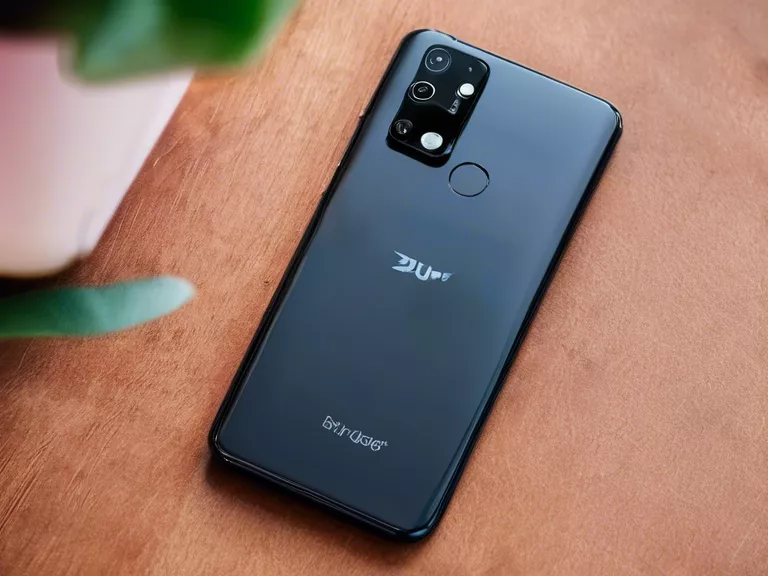
With the increasing reliance on smartphones for storing sensitive information, it is important to prioritize security measures to protect your data. By following these simple steps, you can boost your smartphone security and safeguard your personal information from cyber threats.
1. Set Up Strong Passwords One of the most basic yet effective ways to enhance smartphone security is by setting up strong passwords. Avoid using common passwords or patterns, and opt for complex combinations of letters, numbers, and special characters to make it harder for hackers to access your device.
2. Enable Two-Factor Authentication Two-factor authentication adds an extra layer of security by requiring a second form of verification, such as a fingerprint scan or a code sent to your email or phone. This makes it significantly more difficult for unauthorized users to gain access to your device.
3. Keep Your Software Up to Date Regularly updating your smartphone's operating system and apps is crucial for staying protected against security vulnerabilities. Developers often release updates that contain patches for known security issues, so make sure to install them promptly.
4. Use Encryption Enable encryption for your device to scramble your data and make it unreadable to anyone without the proper decryption key. This will ensure that even if your smartphone falls into the wrong hands, your sensitive information remains secure.
5. Be Mindful of App Permissions When downloading apps, be cautious of the permissions they request and only grant access to necessary functions. Some apps may request excessive permissions that could compromise your privacy, so always review and limit these permissions to protect your data.
By following these proactive steps, you can significantly enhance your smartphone security and mitigate the risk of data breaches and cyber attacks. Remember that safeguarding your sensitive information is a continuous effort, so stay vigilant and regularly review and update your security measures.



